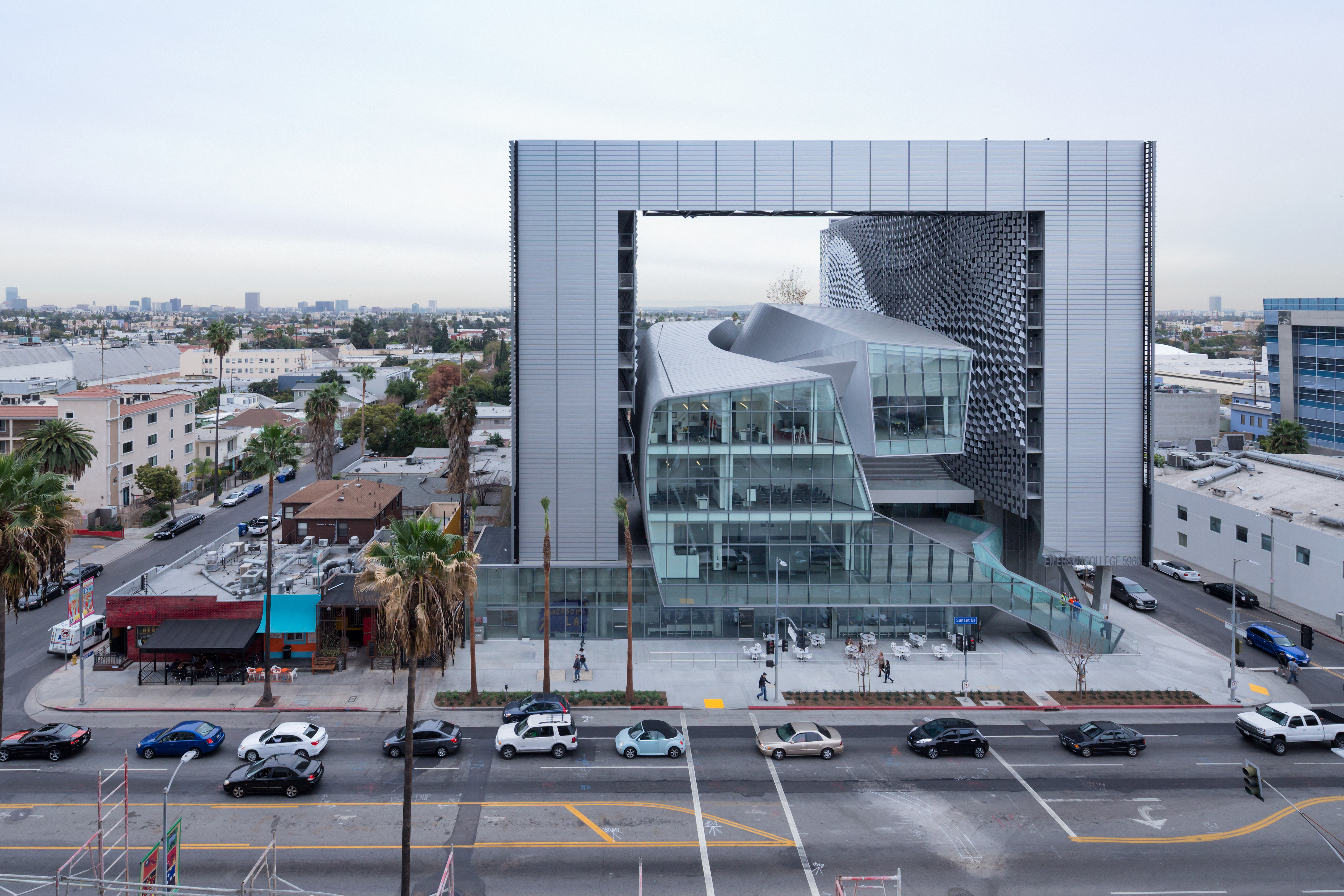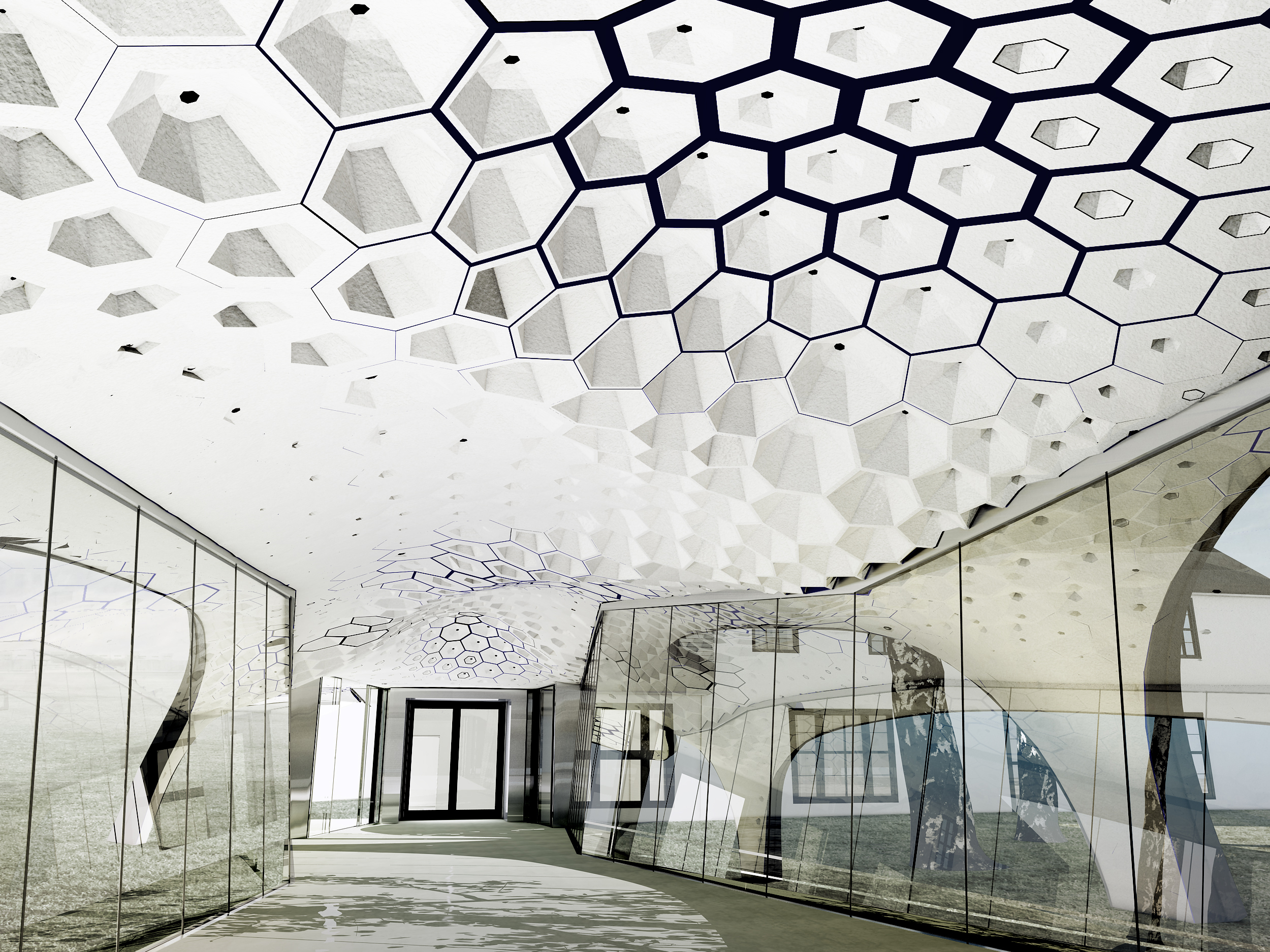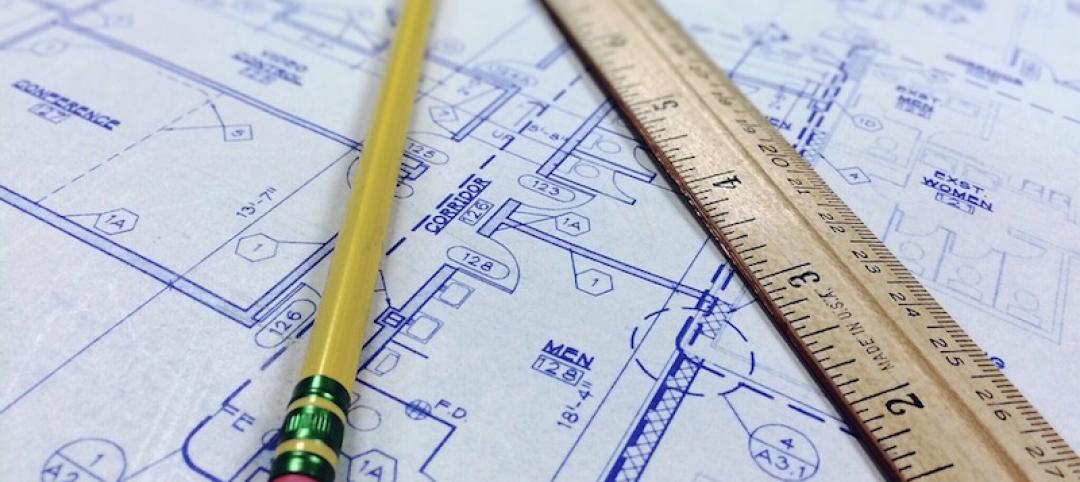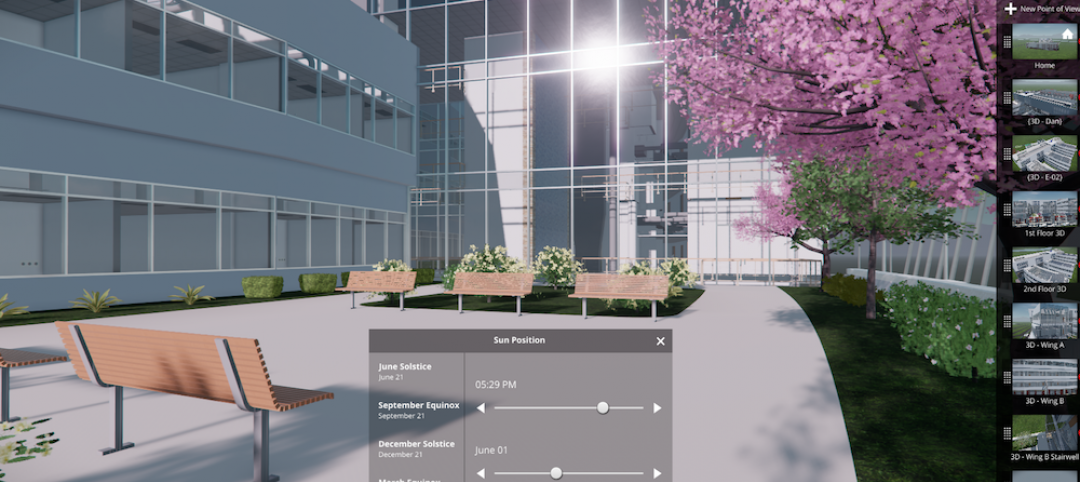The American Institute of Architects (AIA) Technology in Architectural Practice (TAP) Knowledge Community developed the AIA TAP Innovation Awards to honor state of the art of the design, delivery, and management of the built environment as enabled by advanced processes and technologies.
TAP has spearheaded efforts to highlight case studies from the profession in the harnessing of BIM technology and processes to further design, construction, and project excellence. The AIA TAP Innovation Awards emphasizes how this array of new practices and technologies will further enable project delivery and enhance data-centric methodologies in the management of buildings for their entire lifecycle, from design, to construction, and through operations.
Categories for the TAP Innovation Awards include: Stellar Architecture, Delivery Process Excellence, Academic Program/Curriculum Development (none selected this year), and Exemplary use in a Small Firm.
Category A – Stellar Architecture
Submissions in this category exhibited exemplary architectural design and display innovations in practices and technologies.
Emerson College; Los Angeles
Morphosis Architects
 An all-glass facade at street level invites students and the community to mingle at the public cafe. Image: Iwan Baan
An all-glass facade at street level invites students and the community to mingle at the public cafe. Image: Iwan Baan
Morphosis created a custom computational tool to layout key design elements that allowed for aesthetic and sustainable features to be developed in concert with each other. Anticipated to achieve a LEED Gold rating, this project delivers advanced energy efficiency features including radiant heating and cooling, window contacts to facilitate natural ventilation, operable sunshades, user controllability, and solar thermal collectors.
The project is expected to achieve a 15% energy cost savings over baseline figures and a 31% reduction of potable water use in all fixtures. Responding to local weather conditions, the automated sunshade system opens and closes horizontal fins outside the high-performance glass curtain-wall to minimize heat gain while maximizing daylight and views.
Category B – Delivery Process Excellence
Submissions in this category exhibited outstanding examples of innovations in collaboration in the project delivery process to fulfill project goals.
University of Delaware’s Interdisciplinary Science and Engineering Lab (ISE Lab);
Newark, Del.
Ayers Saint Gross
 The building and site utilize best green practices, including capturing stormwater in the landscape. Image: Tom Holdsworth
The building and site utilize best green practices, including capturing stormwater in the landscape. Image: Tom Holdsworth
The architect and consulting engineers developed 13 design models using BIM software, which were combined to allow a full understanding of how each building system affected the other. These models were constantly available to the construction management team and fabricators via the project cloud.
An open exchange of files between design and construction entities allowed the project to be completed 60 days ahead of schedule. Robotically-controlled bulldozers enabled a greater level of control for site grading and retention swales. A constantly evolving schedule was made possible by linking modeled elements to timelines, ensuring early or on-time completion of each phase of construction.
Honorable Mention
OHSU/PSU/OSU Collaborative Life Sciences Building; Portland, Ore.
SERA Architects and CO Architects
 The complex geometries of the building, including the atrium and its ramping system, were molded and coordinated in Revit and Navisworks. Image: Jeremy Bitterman
The complex geometries of the building, including the atrium and its ramping system, were molded and coordinated in Revit and Navisworks. Image: Jeremy Bitterman
With 28 design teams in 10 states, the use of modeling software, file exchange software, cloud-based collaboration technology, and document management tools was critical to the project’s work flow. The entire construction team chose to collocate throughout the project, which allowed it to be conceived, constructed, and delivered in only 38 months.
During the latter stages of design, the architect, engineers, contractor, and subcontractors met frequently to hold clash-detection meetings, resolving system conflicts during design and easing the 3D model transition to the subcontractors. The design team calculated the total savings to the owner for their all-digital process was just under $10 million when accounting for print costs and labor hours.
Category D – Exemplary Use in a Small Firm
Submissions in this category exhibited exemplary improvements through application of progressive practices, innovative processes and advanced technologies in a firm of 10 or fewer members, at any stage(s) of the overall process of project feasibility assessment, programming, design, documentation, procurement, construction, and operation.
D-Bridge
Point B Design
 Visual voxels project structural voels' geometry into the interior, maximizing visual stimulation. Image: Point B Design
Visual voxels project structural voels' geometry into the interior, maximizing visual stimulation. Image: Point B Design
The D-Bridge is a yet-unbuilt architectural project and experimental structure that serves as an extension to a private gallery and residence. The core feature of the Bridge serves as both its form and structure with 1,000 laser-cut, folded cells made from flat sheets of stainless steel (voxels). By developing a cultural change in practice, the team has been able to engage everyone involved in the project to create a greater level of collaboration and understanding.
The jury for the AIA TAP Innovation Awards include:
• Steven Wolf, AIA (Chair), Target Corporation
• Dr. Carrie Sturts Dossick, P.E., University of Washington
• Federico Negro, CASE
• Shane Burger, Woods Bagot
• Randall Deutsch, AIA, University of Illinois at Urbana-Champaign
Related Stories
BIM and Information Technology | Sep 7, 2016
Energy Star Portfolio Manager tool updated to factor in waste management
The costs and benefits of managing 29 types of waste are now included.
BIM and Information Technology | Aug 30, 2016
BIM GIANTS: A ranking of the nation's top BIM design and construction firms
HOK, Perkins+Will, Turner Construction Co., The Whiting-Turner Contracting Co., Jacobs, and Thornton Tomasetti top Building Design+Construction’s annual ranking of the nation’s largest BIM AEC firms, as reported in the 2016 Giants 300 Report.
BIM and Information Technology | Aug 30, 2016
New service from CBRE provides deeper insights into in-building wireless network experiences
With dependable cellular and Wi-Fi coverage a must-have amenity for today’s businesses, CBRE to certify in-building network quality through new Cellular Signal Mapping service
BIM and Information Technology | Aug 22, 2016
The wicked problem of interoperability
Building professionals are often put in a situation where solving problems with the ‘best tool for the job’ comes at the cost of not being able to fully leverage data downstream without limitation, writes Proving Ground's Nathan Miller.
Contractors | Aug 10, 2016
Dodge launches new app to simplify pros' search for suitable projects to bid and work on
The product, called PlanRoom, could be particularly useful in sharing data and communications among AEC teams.
BIM and Information Technology | Aug 9, 2016
How to improve a project presentation with animated GIFs
Animated GIFs are a simple tool that can explain a large amount of intricate information in an easy to understand, streamlined manner.
BIM and Information Technology | Jul 25, 2016
Autodesk’s LIVE turns designs into video game-like experiences
Users can adjust navigation points, render styles, and even the time of day, with fluid and quick controls.
Building Tech | Jul 14, 2016
Delegates attending political conventions shouldn’t need to ask ‘Can you hear me now?’
Each venue is equipped with DAS technology that extends the building’s wireless coverage.
BIM and Information Technology | Jun 14, 2016
Autodesk and Trimble will share APIs to develop products that improve user workflow
Data and document management is likely to benefit the soonest.
BIM and Information Technology | Jun 13, 2016
The race to digitize the globe with 3D imagery
Tech firms are creating a highly-detailed virtual planet available instantly for those who would like to scrutinize it. SmithGroupJJR's Stephen Conschafter details the new technologies being used to map our world.

















